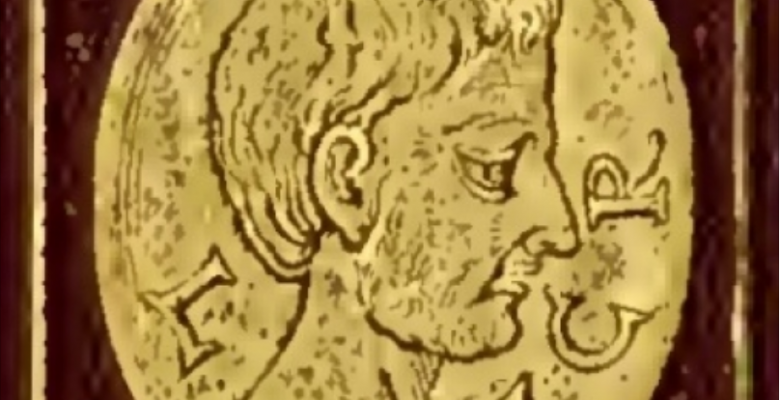Lucretius Today Podcast Episode 225 Is Now Available
Episode 225
===========
Listen to “Episode 225 – Cicero's On Ends – Book Two – Part 30 – Cicero Argues That Commitment To Virtue Is A Bar To Pleasure” on Spreaker.
Welcome to Episode 225 of Lucretius Today. This is a podcast dedicated to the poet Lucretius, who wrote “On The Nature of Things,” the most complete presentation of Epicurean philosophy left to us from the ancient world. Each week we walk you through the Epicurean texts, and we discuss how Epicurean philosophy can apply to you today. If you find the Epicurean worldview attractive, we invite you to join us in the study of Epicurus at EpicureanFriends.com, where you will find a discussion thread for each of our podcast episodes and many other topics.
This week we move to section 35, the final section in Book Two of On Ends. We may finish the series today, or we may have a special section next week to review major takeway points for both Books One and Two of On Ends – we will see how the time goes.
Follow along with us here: Cicero’s On Ends – Complete Reid Edition. Check any typos or other questions against the original PDF which can be found here.
XXXV. Read the eulogies, Torquatus, passed not upon the men who have been extolled by Homer, not upon Cyrus or Agesilaus or Aristides or Themistocles, not upon Philip or Alexander; read those of our own countrymen, of your own family; you will find that no one ever was extolled in such language as to be styled a subtle artist in the acquisition of pleasures. That is not the witness of the inscriptions on the tombs; this for example at the city gate: Many peoples agree that he was a leader of the nation beyond compare. Do we imagine that many peoples agreed concerning Calatinus that he was a leader of the nation, because he far excelled others in the production of pleasures? Are we then to say that those young men give good promise and shew great ability, whom we believe likely to be slaves to their own interests, and to do whatever brings them profit? Do we not see how great a confusion is likely to ensue in all affairs, and what great complications? Generosity is at an end; gratitude is at an end, and these are the bonds of peace. Nor, though you lend a thing to a man for your own sake, must it be called generosity, but usury, and no gratitude appears to be due to one who has made a loan for his own purposes. If pleasure is set on a throne, the highest virtues must necessarily take a low place. There are many forms of dishonour concerning which it is not easy to allege a reason why they should not beset the wise man, unless morality possesses by the laws of nature very great power.
And, not to take in too many considerations (they are indeed countless) if virtue is adequately extolled, the approaches to pleasure are inevitably barred. Now do not expect any such eulogy from me; just examine your own mind yourself, and probing it with all possible deliberation question yourself whether you prefer to pass all your life in the thorough enjoyment of uninterrupted pleasures, in that calm of which you were continually talking, untouched by pain, with the proviso which your school are accustomed to add, though it is an impossible one, that fear of pain be absent, or rather, while rendering splendid service to the whole world, and bringing succor and deliverance to those in distress, to suffer even the dolours of Hercules? For in this way our ancestors designated his inevitable toils, using the most melancholy term dolours though he was a god. I should entice from you and even force from you a reply, did I not fear you would say that pleasure was the motive which induced even Hercules to achieve all that he did achieve by intense effort for the health of nations.
When I had thus spoken, Triarius [NOTE: Rackham says this is Torquatus] said, ‘I have friends to whom I can refer these questions, and although I might have made some answer myself, still I would rather look to men better equipped than myself.’ “I believe you mean our friends Siro and Philodemus, not only excellent men, but men of very great learning.” “You understand me rightly,” said he.
“Agreed, then,” said I, “but it were fairer that Triarius should give some verdict about our disagreement.”
“I reject him on affidavit,” said Torquatus with a smile, “as prejudiced, at all events on this subject, since you handle these topics with some gentleness, while he persecutes us after the fashion of the Stoics.”
Then Triarius remarked: “At least I shall do so hereafter with greater confidence. For I shall be ready with the doctrines I have just listened to; though I shall not attack you until I see that you have been primed by the friends you mention.”
This said, we put an end at once to our walk and our debate.

